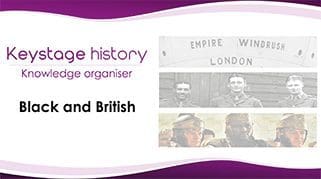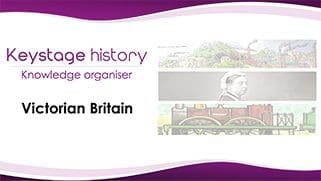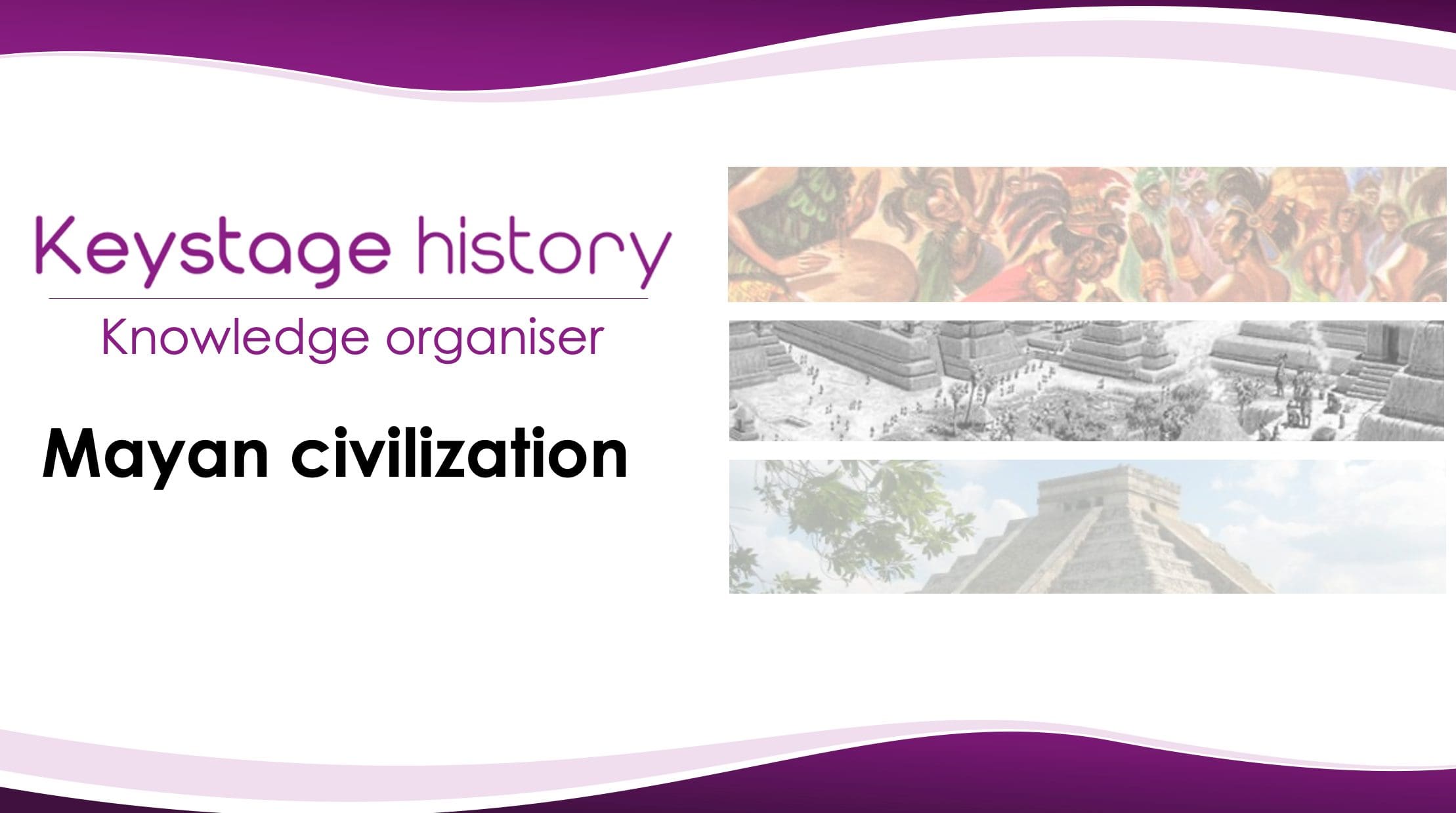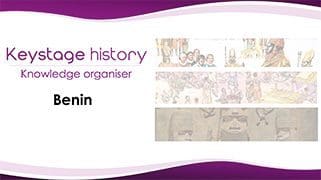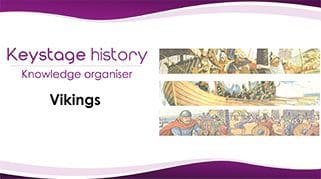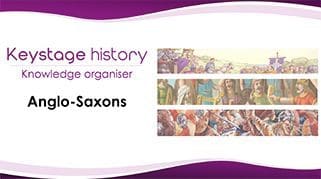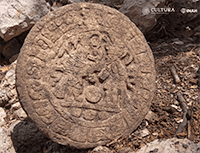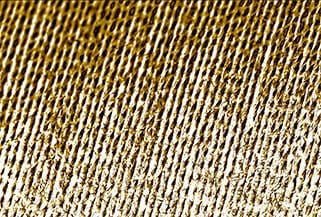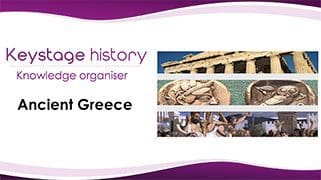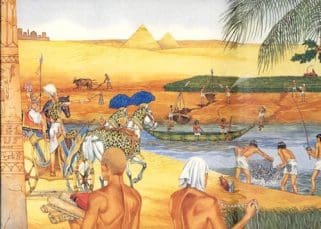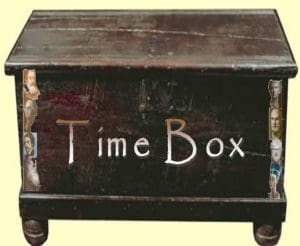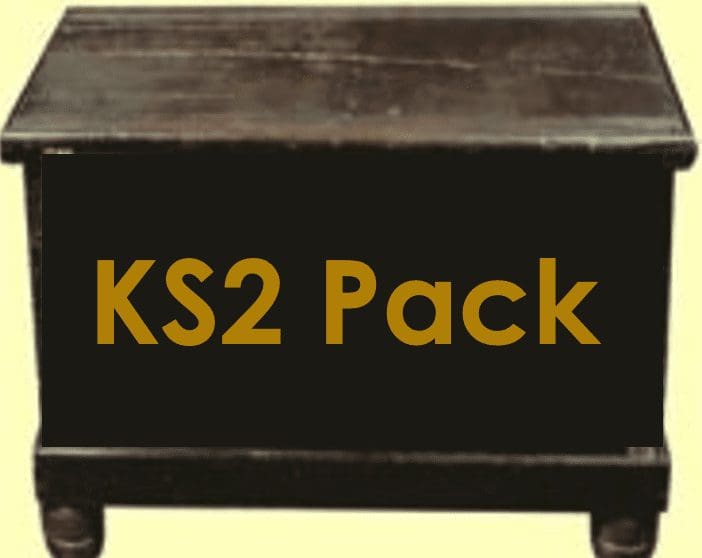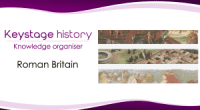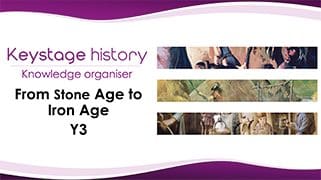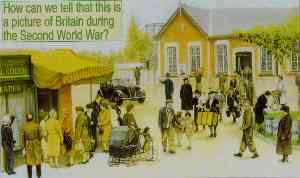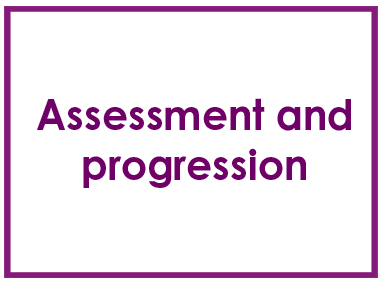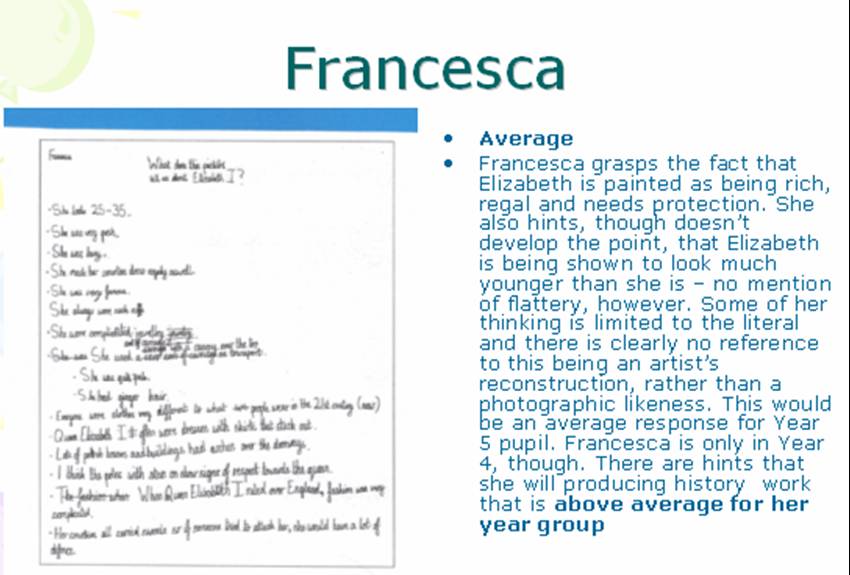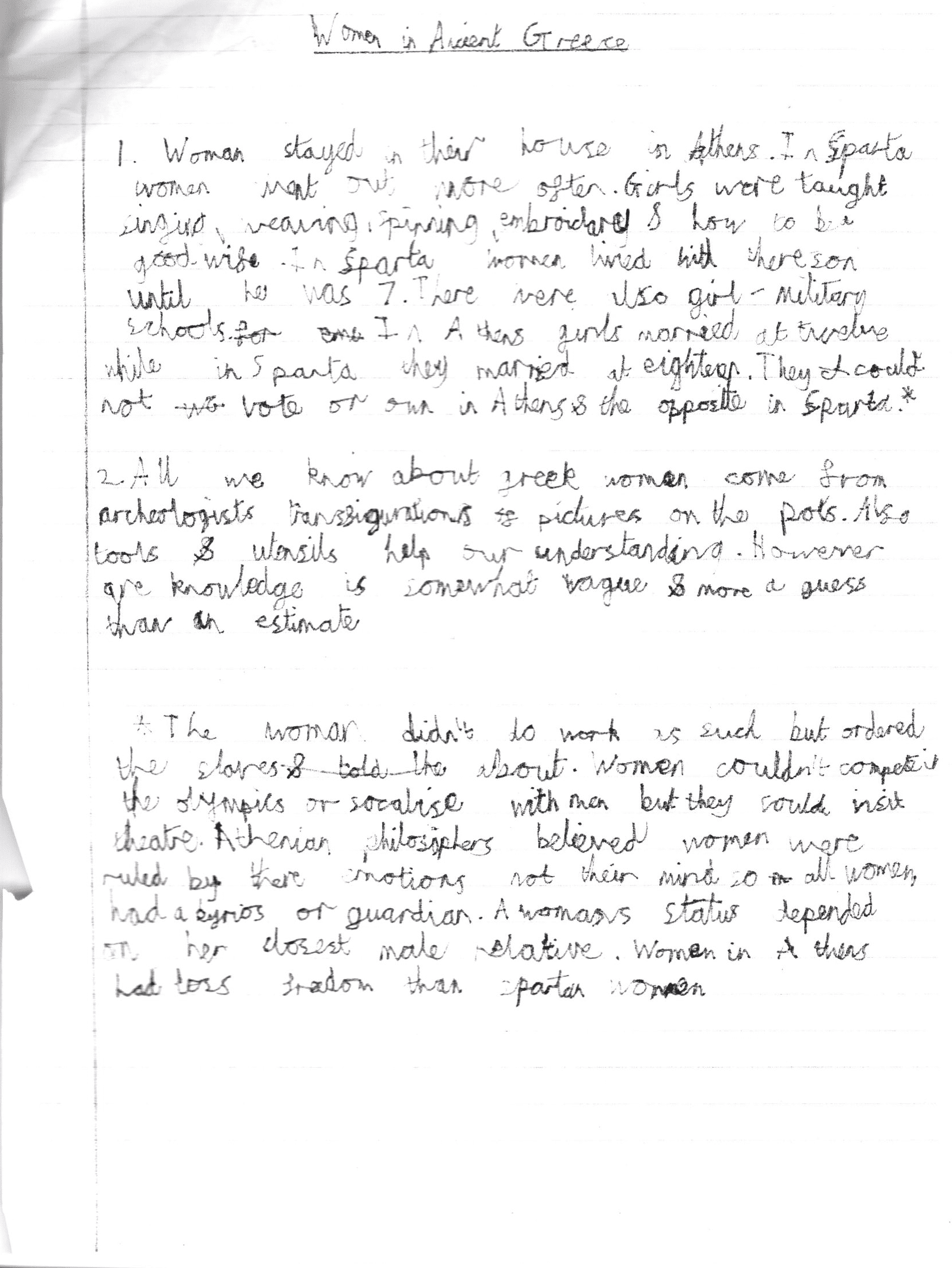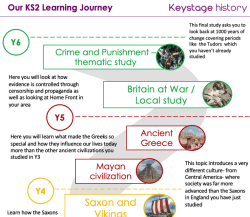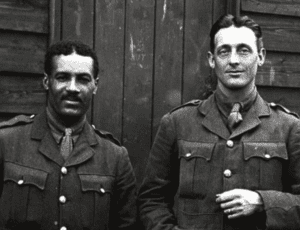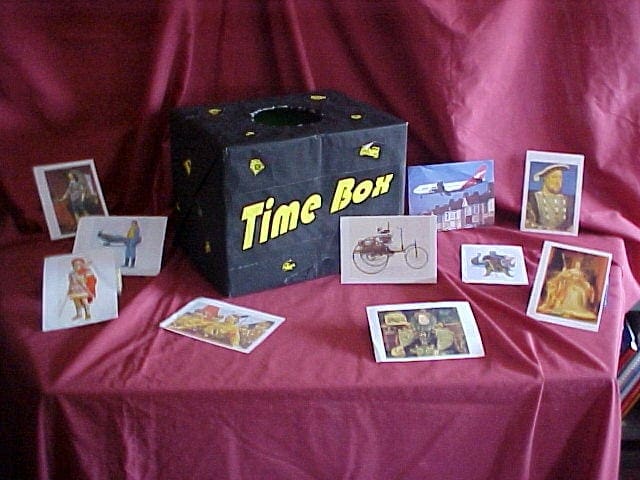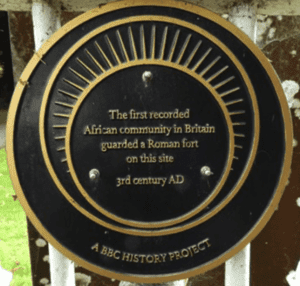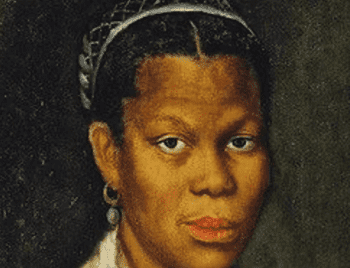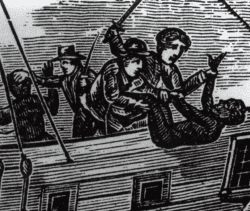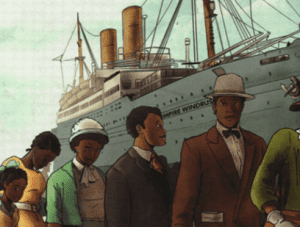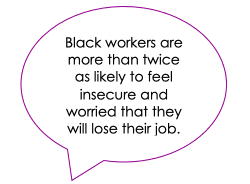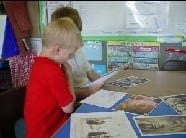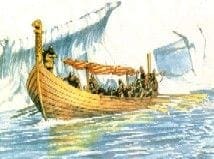Teaching history at Key stage 2 (KS2)
Black and British knowledge organiser – KS2
You are studying this topic in the hope that you will discover how Black British is an important part of…
Read MoreVictorian Britain knowledge organiser – KS2
You are learning about Victorian Britain because this was a really significant period of huge change in industry and technology,…
Read MoreMayan civilisation knowledge organiser – KS2
The height of Maya civilization came at the time when the Saxons were fighting the Vikings in Britain, but it…
Read MoreBenin knowledge organiser – KS2
Benin was a very important civilization, not just within Africa but in world history too. An important part of what…
Read MoreTeaching interpretations – top 10 key messages
In a recent article in the Historical Association’s Primary History publication the ever-reliable Tim Lomas attempted to identify the top…
Read MoreVikings knowledge organiser – KS2
Probably one of the most captivating of KS2 history topics, the Vikings present wonderful opportunities to capitalise on pupils’ fascination…
Read MoreAnglo-Saxons knowledge organiser – KS2
During this period England emerged as a recognisable nation and Christianity became established. The recent coronation of Charles III is…
Read MoreKeeping up to-date with teaching of the Maya – Archaeologists uncover scoreboard for ancient Maya ball game
In the Archaeological Zone of Chichén Itzá, archaeologists from the National Institute of Anthropology and History (INAH) have discovered a…
Read MoreGolden threads or Gordian knot? How to weave first order historical concepts into the fabric of your history curriculum
Talking about ‘first-order’ historical concepts, by which I mean ideas such as empire and invasion, civilization, power and authority has…
Read MoreKeeping up-to-date with developments in primary history – February 2023
Every few years, the Primary wing of the Historical Association carry out a survey of primary schools to see what…
Read MoreAdapting Keystage history lessons – FAQs
1. Why are lessons still called ‘outstanding’? I am often asked how the lessons section of the site should be…
Read MoreAncient Greece knowledge organiser – KS2
In your study of Ancient Greece you will learn how a civilization that flourished over 2500 years ago still influences…
Read MoreGrasping the chronology nettle
Everyone knows that chronology is one of the key historical concepts pupils need to learn, and yet in very few…
Read MoreRunning timebox – First and foremost
Why Timebox teams? First and foremost, Timebox Teams should be fun. Behind the serious intent of improving pupils’ chronological knowledge…
Read MoreTimebox – KS2 Pack
Mention the teaching of chronology to most infant teachers and their eyes glaze over. Their experience is that it is…
Read MoreRoman Britain knowledge organiser – KS2
The arrival of the Romans to Britain and their occupation for over 350 years marks a turning point in the…
Read MoreStone Age to Iron Age knowledge organiser – KS2
The earliest known humans arrived in these lands around 900,000 years ago. During this time there were huge changes: the…
Read MoreBuilding vocabulary to help pupils’ historical understanding. My 100 top KS2 words
Word lists are all very well but do we carefully plan when words are acquired and then applied in a…
Read MoreCommon assessment tasks in history at Key Stage 2
Many colleagues who have been sceptical about assessing history at Key Stage 2 have been won over by this simple…
Read MoreAssessment for learning in Primary history
Assessment for Learning is much-vaunted and many-faceted. If we break down what it means in its constituent parts, many of…
Read MorePrinciples of good assessment in history at Key Stage 2
As OFSTED reports have pointed out for many years, assessment in history is not strong in most schools and the…
Read MoreJudging pupils’ work at Key Stage 2
Teachers’ failure to carry out any useful diagnostic, formative or summative assessment in history at Key Stage 2 has come…
Read MoreTarget setting in history at Key Stage 2
With the emphasis that the Primary Strategy places on Assessment for Learning and the sharing of objectives, it would seem…
Read MoreGeneral advice regarding progression in history at Key Stage 2
A definitive paper explaining exactly what I think you should be doing in the realms of progression to help ensure…
Read MoreProgression by strand in history at KS2: a key element of deep dives
One of the most important tasks that a history subject leader carries out is that of helping colleagues to build…
Read MoreEverything you wanted to know about progression in history at KS2 but couldn’t find anywhere!
Progression in history at KS2: part of your preparation for an OFSTED history deep dive Planning for progression in history…
Read More10 places to go to find out about your local area
1. Go to your library Your local library will nearly always have a local history section that can tell you…
Read MoreA pupil response to KS2 assessment task on women in Ancient Greece
Karl is in Y5 and has been taught in a school where standards are high but progress is slightly below…
Read MoreTaking on history leadership: doing the right things – 10 key steps
Taking on subject leadership can be a daunting prospect, especially if it is your first. When there is so much…
Read MoreKS2 – Sharing the history learning journey with your pupils
An important part of planning your KS2 curriculum is being able to share the rationale with pupils and parents. So…
Read More8 ways of improving the BAME dimension of your primary history curriculum
Bound as we all are,and not just as teachers, by the Equality Act, (not to mention our public sector duty),…
Read More′100′ great ideas for teaching history at KS2
This section describes the best of the imaginative ideas I have seen work successfully in the teaching of history at…
Read MoreBlack and British – KQ1 – How shall we tell the story of the first Black Britons in Britain?
Pupils watch a brief introductory video for just 70 seconds, the point at which the film stops short of identifying…
Read MoreBlack and British – KQ2 – What part did Black people play in British life when they started to settle 500 years ago?
Focusing on four key documents, pupils have to work out what we can say about the role of Black people…
Read MoreBlack and British – KQ3 – What difference did the slave trade make to the experience of the Black people?
Having understood the nature of the transatlantic slave trade, and Britain’s role within it, pupils work in expert groups to…
Read MoreBlack and British – KQ4 – When so many Black people rushed to fight in the two world wars, why then is it only recently that their sacrifice has been properly recognised?
When so many Black people rushed to fight in the two world wars, why then is it only recently that…
Read MoreBlack and British – KQ5 – How did the arrival of the Empire Windrush change the way Black People were treated in Britain?
Subscribers only: You must be logged in to view this content in full. Please Login or register
Read MoreBlack and British – KQ6 – How far has life improved for Black people living in Britain in the last 60 years?
This active session asks pupils to create a physical fortunes graph to show the effects that changes in the law…
Read MoreWhat would your pupils say about getting better at history, when they leave your school?
Recently two university education departments carried out a broad-sweep survey of primary pupils’ experience of history at KS1 and 2…
Read More6 signs to look for to show your pupils are becoming historically literate
1. Understanding how it is possible to know about the past Pupils show an understanding of how it is possible…
Read MoreIt’s time to think about the teaching of time at KS1 and 2
Time is probably the concept most fundamental to understanding history. This presents problems, of course, particularly with the youngest children….
Read MoreScales of planning in primary history
Making sure you don’t leave out key things and don’t waste your time duplicating Planning can seem a real chore,…
Read More5 key tasks for the history subject leader
Being a history subject leader can often be daunting, especially if you have received very little training and have no…
Read More10 top dos and don’ts of using knowledge organisers in primary history
Used well, knowledge organisers are a really powerful resource but it all depends on how they are used. However attractive…
Read MoreTop 10 things your KS2 pupils need to know – Early Islamic civilization
Top 10 things your KS2 pupils need to know, and remember, about Early Islamic civilization 1. 1000 years of extraordinary…
Read MoreTop 10 things your pupils need to know – Roman Britain
Top 10 things your pupils need to know about Roman Britain 1. Roman Britain was part of a huge empire…
Read MoreI’m a new subject leader. How do I know if pupils are making the progress they should in history?
Getting a handle on progression is complicated. There are lots of superficially appealing lists of competencies that link to each…
Read More7 searching questions for you to ask about your KS2 history curriculum
Every now and then it is worth just ensuring that your KS2 history curriculum is as robust as it should…
Read MoreWhat should my Y6 pupils be able to do in history? The Big 5
By the end of Year 6, it is important that pupils not only build up good chronological knowledge, they also…
Read MoreKS2 Example Planner – Vikings Medium Term Planner
Here is a typical example of a medium term plan which exist for all main KS2 topics, in line with…
Read More
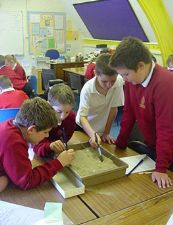 Welcome to the section for teaching history at KS2 where you will find masses of advice on how to make history both fun and satisfyingly challenging. You will be helped to design and plan an exciting primary history curriculum and taking into account the difficult areas of assessment and progression and mindful of the new focus on curriculum within OFSTED’s framework.
Welcome to the section for teaching history at KS2 where you will find masses of advice on how to make history both fun and satisfyingly challenging. You will be helped to design and plan an exciting primary history curriculum and taking into account the difficult areas of assessment and progression and mindful of the new focus on curriculum within OFSTED’s framework.